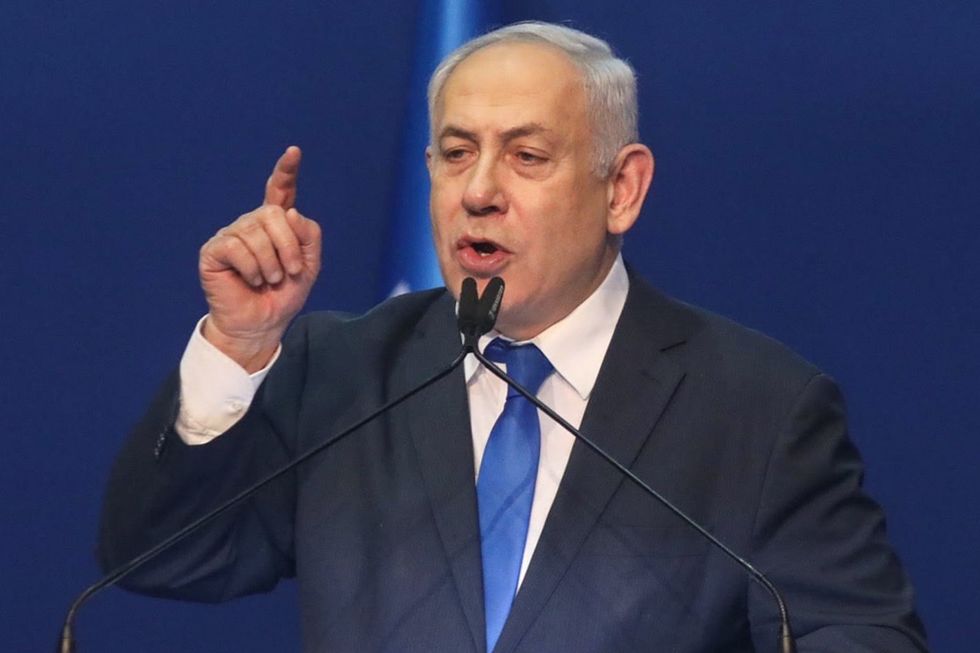Deportation of African Migrants in Israel Sparks Controversy
Prime Minister Benjamin Netanyahu has called for the deportation of African migrants in Israel, following severe clashes between police and Eritrean migrants. More than 150 people were injured in Tel Aviv on Saturday, one-third of them police officers, after violence broke out at an Eritrean festival due to take place at the embassy of the East African country. Critics viewed the event as propaganda. “A red line has been crossed,” the religious, right-wing president said on Sunday during a meeting.
Escalating Tensions
The violence in Tel Aviv is just the latest example of tensions between African migrants and Israeli authorities. The government has faced criticism for its handling of the migrant crisis, with many accusing officials of failing to provide adequate support for asylum seekers. Netanyahu’s call for deportation has only added fuel to the fire, sparking debates about the treatment of migrants in Israel.
Humanitarian Concerns
Advocates for migrant rights have raised concerns about the impact of deporting African migrants, particularly those from countries experiencing conflict and instability. Many migrants come to Israel seeking refuge from violence and persecution, only to face further challenges once they arrive.
Deporting these individuals could put their lives at risk and violate international humanitarian laws, sparking a heated debate about Israel’s obligations to protect those in need.
Global Reactions
The call for deportation has also sparked international condemnation, with human rights organizations and foreign governments speaking out against the move. Many view Netanyahu’s decision as a violation of fundamental human rights and a step backwards in the fight against discrimination and racism. The incident has placed Israel in the global spotlight, drawing attention to the treatment of migrants within its borders and sparking discussions about immigration policies worldwide.
Impact on Individuals
For individuals affected by the deportation order, the future is uncertain. Many migrants are now faced with the prospect of being forced to leave Israel, a place they have come to see as a safe haven. The emotional toll of being uprooted from their homes and separated from their communities is immense, leaving many feeling anxious and vulnerable.
Impact on the World
On a larger scale, the deportation of African migrants in Israel sets a dangerous precedent for how countries handle asylum seekers and refugees. The move sends a message that it is acceptable to turn away those in need, perpetuating a cycle of discrimination and exclusion. The global community must come together to denounce such actions and uphold the principles of humanitarianism and compassion.
Conclusion
The deportation of African migrants in Israel is a controversial and divisive issue that highlights the complexities of immigration policies and refugee rights. As the world watches, it is crucial that we stand up against discrimination and advocate for the protection of vulnerable populations. The impact of these decisions goes far beyond the borders of Israel, shaping how we view and treat those seeking safety and security in our increasingly interconnected world.





